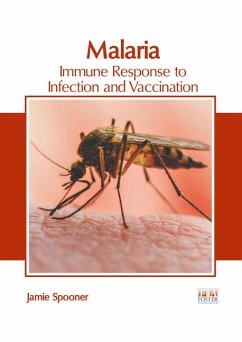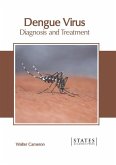Salmonella infection, also called salmonellosis is a common bacterial disease that causes gastrointestinal illness and fever. It is caused by salmonella bacteria. Some common signs and symptoms of salmonella infection are diarrhea, fever, vomiting, nausea, headache and abdominal cramps. Contaminated food and water, improperly handled food, infected surfaces, infected pets or other infected animals can cause salmonellosis. There are several complications associated with salmonella infection such as dehydration, bacteremia, and reactive arthritis. The transfer of salmonella bacteria can be prevented by adopting certain lifestyle changes such as washing hands regularly, cooking and storing food properly, and avoiding consumption of raw eggs. The presence of salmonella bacteria can be diagnosed through a stool sample test and blood test. Treatment of dehydration caused by salmonella infection is based on replacing lost fluids and electrolytes by minerals that balance the amount of water in the body. Medications such as anti-diarrheals and antibiotics are also used to relieve the symptoms of infection. This book outlines the molecular and clinical aspects of salmonella infection in detail. It will prove to be immensely beneficial to medical students and researchers.
Hinweis: Dieser Artikel kann nur an eine deutsche Lieferadresse ausgeliefert werden.
Hinweis: Dieser Artikel kann nur an eine deutsche Lieferadresse ausgeliefert werden.








